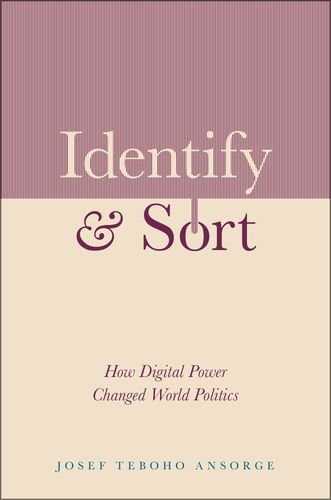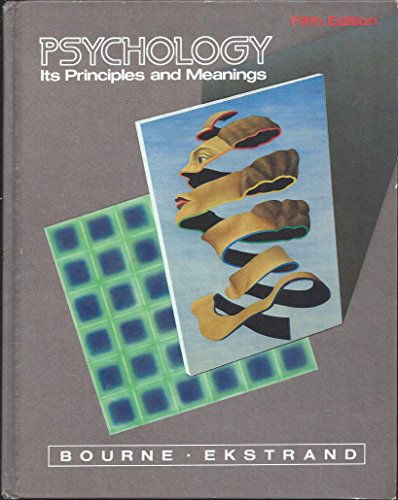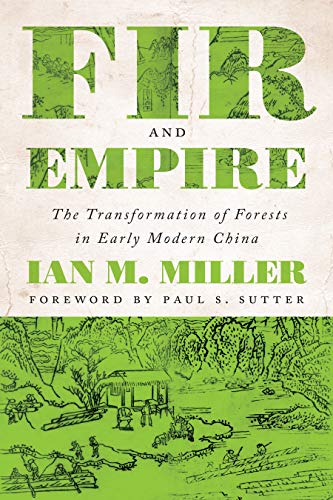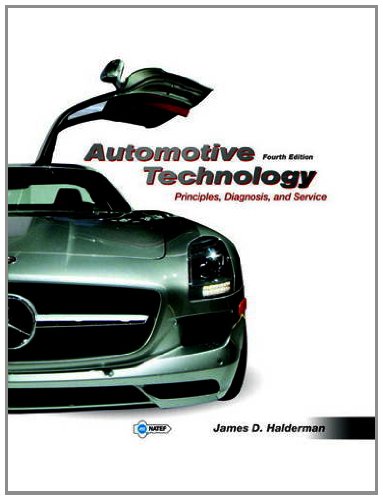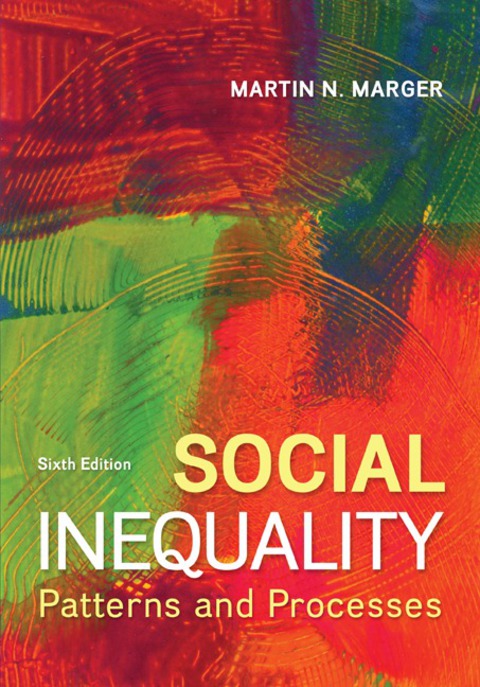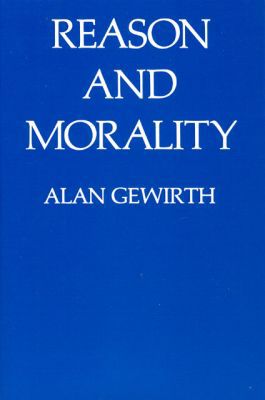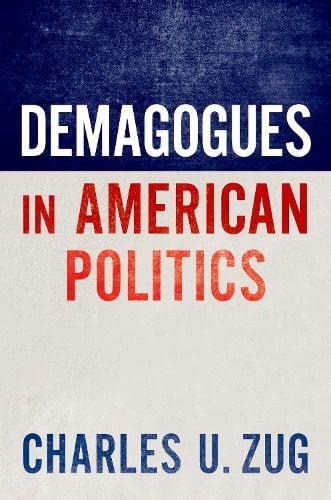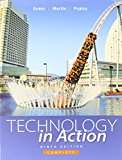Identify and Sort: How Digital Power Changed World Politics
Ansorge, Josef Teboho
The Advent Of Information Technology Ushered In New Forms Of Political Power. Machines Play Crucial Roles In How States See, Understand, And Act, And Scrutiny Of These Processes Lies At The Heart Of Identify And Sort. It Frames Debates About It In World Politics, Explaining How Industrial Sorting Systems Employed By Political Actors Are Renegotiating The Social Contract Between Individuals And The State. Ansorge Takes The Reader On A Global Expedition That Tracks The Historical Antecedents Of Digital Power, From Aztec And Inca Rituals, To Medieval Filing Systems, To A Grandiose 1930s Design For A German Registry, To The Databases Used In Us Presidential Campaigns And How It Is Deployed In War And Post-conflict Reconstruction. Databases Are Also Deployed Virtually To Record And Act Upon People Who Have No Publicly Visible Identification Or Group Consciousness; Modern Wars And Election Campaigns Are Fought On This Individualised Terrain. The Uneven Distribution Of These Technical Capacities Engenders Inequality Of Access, While Rights Discourses And Legal Frameworks Forged In An Era Of Mass Group Discrimination, Subjugation, And Public Resistance Lag Behind These Micro-targeting Practices. Rich In Examples And Ideas, Identify And Sort Develops An Analytical Model And Vocabulary To Explain The Functions And Limits Of Digital Power In World Politics. Machine Generated Contents Note: 1. The Sovereign's Data -- The National Security State's Rabbit Hole -- Digital Power -- Ten Theses On Information Technology And Political Power -- 2. The Ship -- 3. The Ear -- Ear Cutting As A Punishment Technology -- Ear Cutting To Identify Property -- The Ear As A Site Of Individual Identification -- The Technological Future Of The Ear -- 4. Technics And Towers -- Periodisation And The Drive To Technification -- Why The Technics Of Politics Spread -- The Panopticon -- Cuntz's Tower: The Manual Database -- 5. The Ritual -- Administering Inca And Aztec Ritual -- The Khipu -- System Failure -- 6. The Archive -- Maps And Cadastre -- Census And Statistics -- Passports -- The Card Registry -- Weber -- Benjamin -- 7. The Database -- The International And Digital Power -- Barack Obama's Campaign Machine -- Migration, Terrorism, Data -- Husserl -- Heidegger -- 8. The Network: Ontology In The Digital Age -- 9. Digital Power Goes To War -- Arithmetising The Other And Data-managing The Foe -- A World Of Hidden Indicators -- Recruiting And Training With Games -- War As Entertainment -- 10. Digital Power Does Development -- `boomerang Effects', Cut (crtl+c), And Paste (ctrl+v) -- Fingerprints Redux -- Information Technology As Liberator -- Ddr- Identity With No Record -- Ssr- Identified And Sorted -- Tribal Ontology Vs Obama's Database -- 11. Resistance On Our Planetary Ship Of State -- Resistance And Appropriation. Josef Teboho Ansorge. Includes Bibliographical References And Index.
Information technology--Political aspects, Digital communications--Political aspects, Technology and state, JF799.5 .A67 2016, 303.48/33
| Name in long format: | Identify and Sort: How Digital Power Changed World Politics |
|---|---|
| ISBN-10: | 0190245557 |
| ISBN-13: | 9780190245559 |
| Book pages: | 280 |
| Book language: | en |
| Edition: | 1 |
| Binding: | Paperback |
| Publisher: | Oxford University Press |
| Dimensions: | Height: 9.2 Inches, Length: 0.6 Inches, Width: 6.1 Inches |

